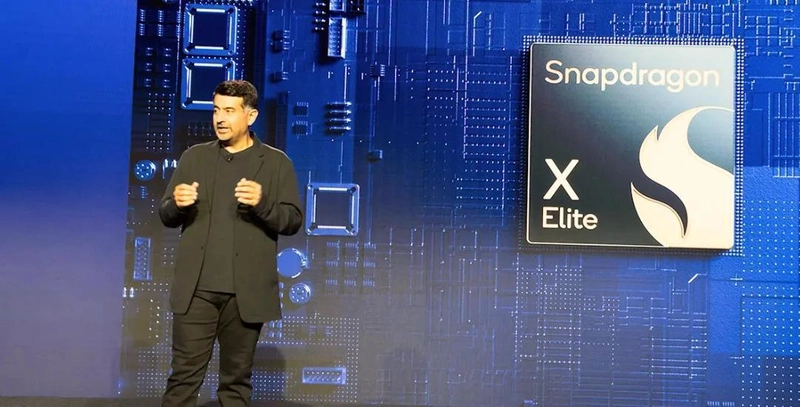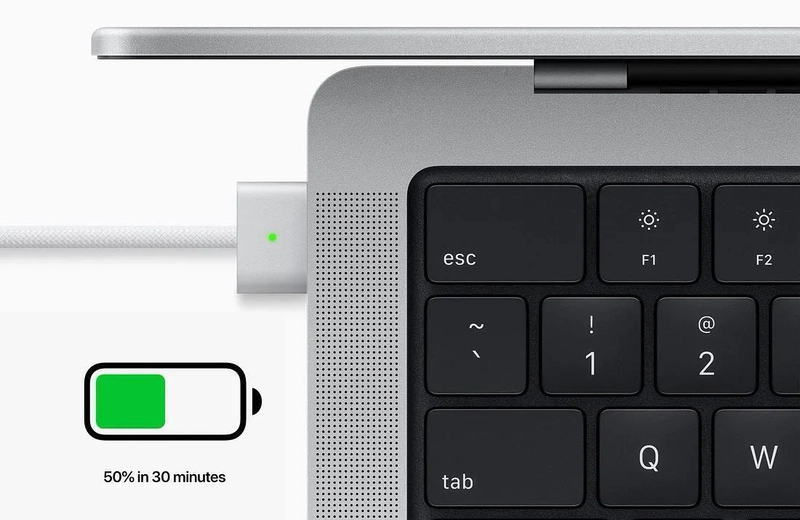Since Apple released their Apple Silicon chips on Macbooks, the whole CPU scene has gone wild. They offer great battery life, good benchmarks, low to no noise and their software support was great from get go since there was Rosetta 2, a compatibility layer for translating software using x86_64 into AArch64, and it was available on day one.
This is great news for Apple, but terrible for the laptop and PC makers in general.
Though it may seem like Apple got it right on the first try, it isn't actually like that.
Apple has been gaining expertise and retaining microprocessor engineer talents for a while, their A4 chip was released in 2010, and was already designed by them. Oversimplifying, the M series on their laptops are basically supersized iPhone/iPad chips; not that it takes away Apple's feat, but it indicates that the market might need a few years to catch up.
Talking about the market, the greatest threat right now for Apple Silicon isn't Intel or AMD, but Qualcomm.
Their new chip, Snapdragon X Elite is close to get in the market and on surface, seems to be the perfect rival for Apple.
Both use AArch64 arquitecture, and it's benchmark are similar to M2 Pro according to Geekbench, both single and multi-core; but there is a catch.
Apple's chips aren't efficient only for their benchmarks or architecture, but because they were designed for great performance per Watt, Snapdragon X Elite when on max capacity runs at 80W, while M2 Pro runs on 23W; that massive difference is guaranteed to affect battery life.
And... where does linux comes in all this? Even though linux runs on a multitude of devices, from fridges, tvs, desktops, smartphones and even super computers; linux is still having trouble running on Apple Silicon Macbooks.
There is Asahi Linux, which is basically Arch Linux, easily installable, but for Apple Silicon Macs, but their support to drivers is still not complete.
The Asahi team is making an incredible job of reverse engineering drivers with no documentation on the hardware, but this takes time. It ins't a great daily-driver solution yet.
Most Linux users are not interested in buying Apple hardware, wether for it's price, for Apple's anti-consumer pratices or FOSS ideology.
Have to depend on CPU manufactures to provide a decent CPU is a pain, especially considering how little Intel evolved in this last decade, but there is something worse; having to depend on GPU manufactures.
AMD and Intel have been collaborating with linux maintainers to provide decent support for their GPUs, but the same cannot be said to Nvidia. You probably remember that iconic Linus Torvards moment.
This affect even gamers, Steam runs on Linux, protonDB already provides an impressive catalog of games to be played, but performance will be hindered by drivers that are poorly implemented.
Lastly, but not least, it's a must to mention how colossal is the linux kernel as a project.
The latest stable release as of today is v6.8, has 28.2 millions of lines of code, of those, 17.9 millions are just drivers. Linux core maintainers are getting older and with Rust been included in the project, it's complexity tends to get even bigger.
As someone who's been using Linux since 2006, I hope to see it getting better as days go by, my point with this humongous text is not to put Apple on a pedestal, or to trash talk linux, but to address there are several factors for linux to perform well, to praise the effort of linux maintainers, that go through a lot of headaches to help the community without earning a nickel and to say that while some companies boycott linux, like nvidia's been doing for a while, we can also boycott them with our wallets.













Top comments (0)